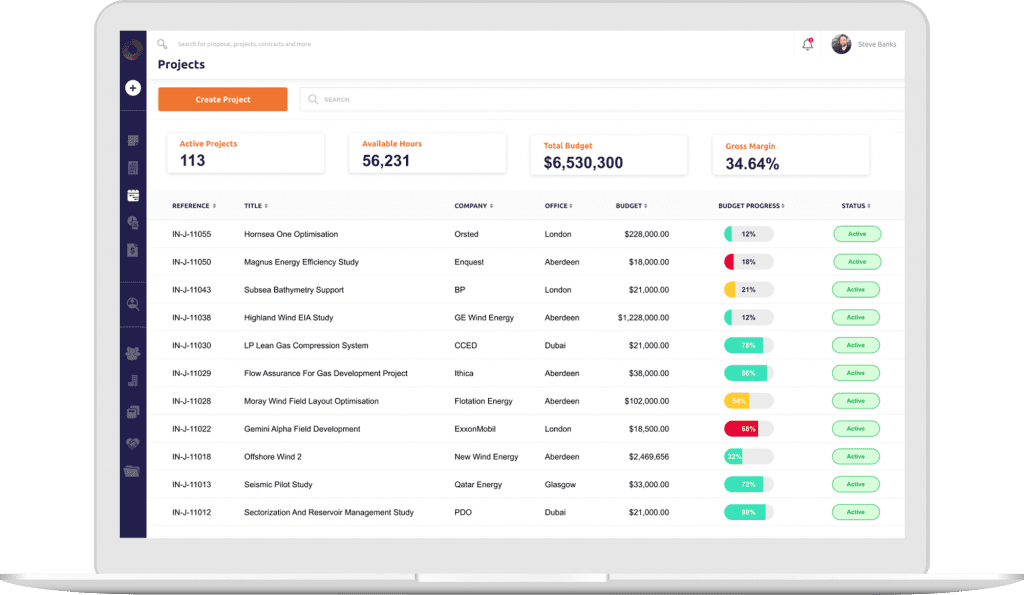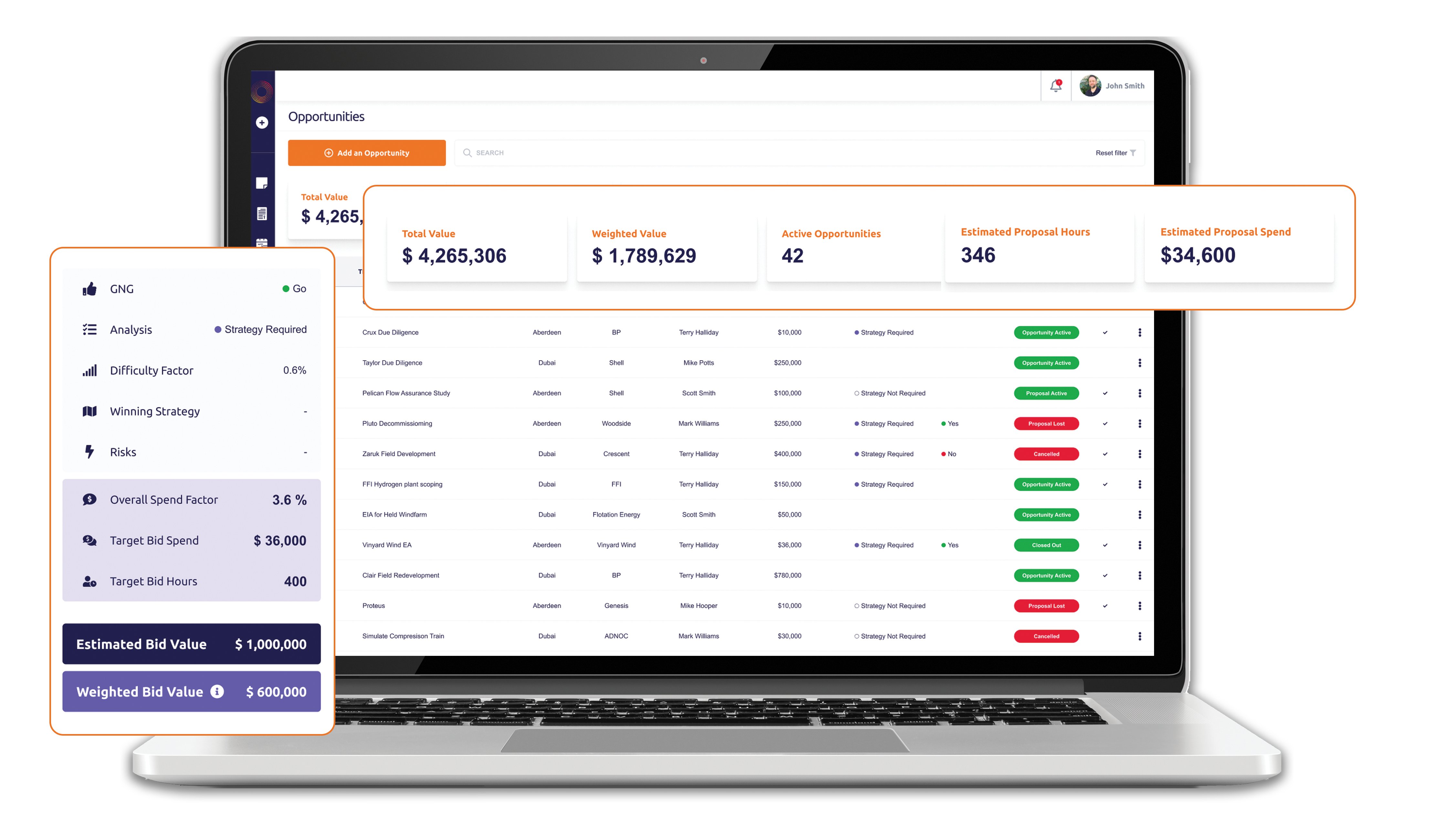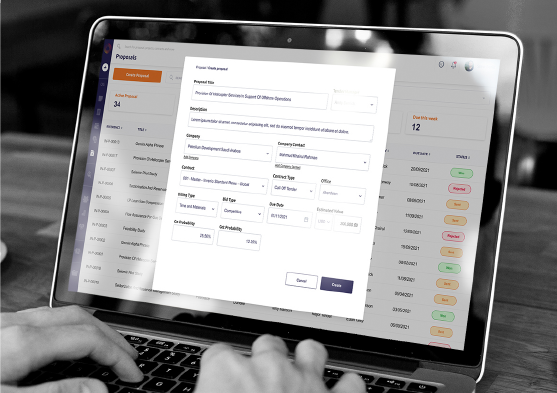
Predominantly supporting infrastructure companies and engineering consultancies in the energy sector, Proteus integrates seamlessly with and enhances existing systems with fit-for-purpose features. Our software solution allows users to create project plans; seamlessly convert project plans into working projects; manage people, resources and time; as well as track and monitor financial information, improving operational efficiency and driving project success.
Learn more







